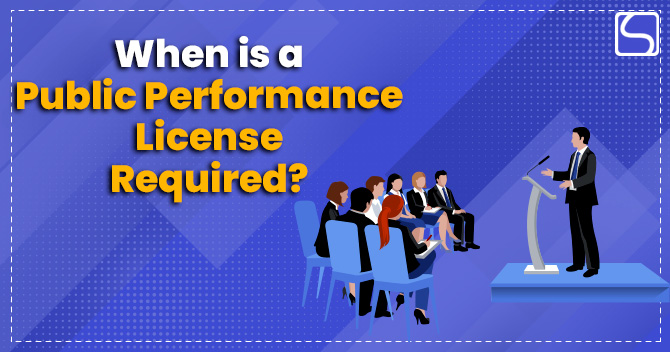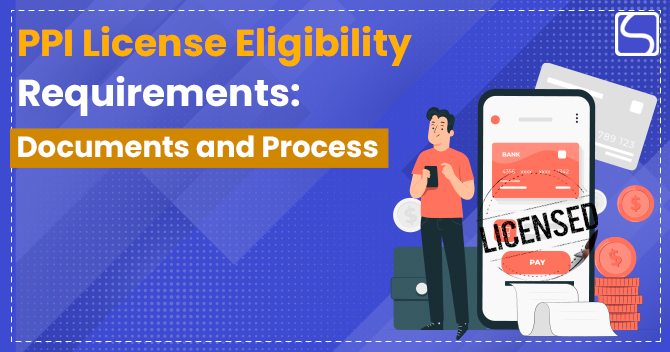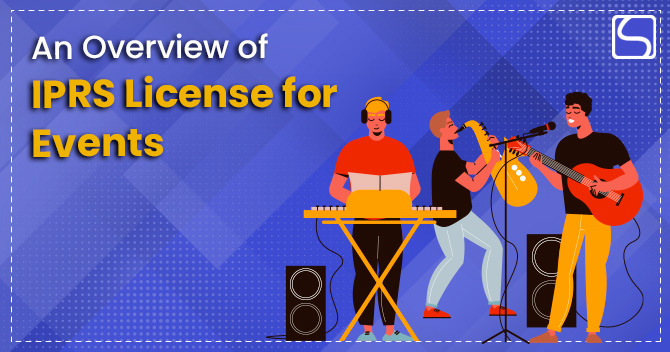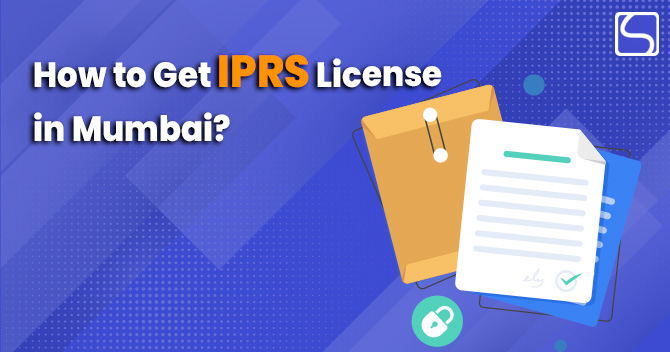When is a Public Performance License Required?

Karan Singh | Updated: Jun 09, 2022 | Category: Music License
In India, the concept of a Public Performance License emerged under the Copyright Act, 1957 and the Government of India makes it compulsory to get an entertainment license, performance license and a PPL License in case of playing music, drums, recorded audio-videos in a public area. In simple terms, a Public Performance License is an agreement between a music user and the actual owner of a copyrighted song, and this license would grant permission to play the music in public or radio.
A license must be obtained to play pre-recorded music in public areas, whether the establishment is commercial or non-commercial. The establishments comprise; hotels, cafes, malls, gyms, etc., and non-commercial places like college events, live concerts, festivals, etc. All these establishments are obligated to get a license from the authority set up by the Indian Government, that is Phonographic Performance License (PPL) in India.
Table of Contents
Need for Public Performance License
Public Performance License is required only for events or public areas where recorded songs are played; this license issued by IPRS (Indian Performing Right Society Limited) covers Copyright License for all Literary & Musical works.
Whereas the purpose behind obtaining PPL is to grant a license to the copyrighted sound recording for customers and radio broadcasts. Therefore, this license is needed for performing in public any music or song that the performer did not write. PPL (Phonographic Performance Limited[1]) License is also needed for playing recorded music in public areas. The license is needed irrespective of the portion of the music or song being used.
Note: Also, there are some exceptions where PPL is not required, like when an individual plays songs that he or she wrote himself or songs that are in the public domain.
What is the role of IPRS in India?
IPRS stands for Indian Performing Right Society and is a representative body of artists that includes composers, music lyricists, music owners, and publishers, The primary role of IPRS is to collect royalties on behalf of its members i.e., the composers, authors & publishers of music from the users who use the song or music and distribute it among the members after deducting the administrative costs.
Indian Performing Right Society is also incorporated under Section 33 of the Copyright Act, 1957, to grant the license for usage of literary & music work. The IPRS Registration under the Act is vital to represent actual copyright ownership. IPRS performs the business of grant of a license, as it’s the owner of Copyrights via the assignment deeds performed with its members, who are the owners & have assigned the rights to the Society. The Public Performance License attained under IPRS has different tariffs depending on the premises & the usage of the musical work. The tariff-based on-premises is charged on the basis of the area of the premises, such as pubs, gyms, malls, hotels, etc. and these tariffs are based on the specified criteria.
Benefits of Copyrighting Public Performance License
- It protects reputations;
- Publicly your work will be recognised & notified;
- The primary importance of getting the Copyright is that one can have the legal protection & evidence of the work done;
- Getting a copyright for public performance rights will highly prevent the financial loss;
- You can hereby have more revenue generated.
General Terms & Conditions for IPRS
- All the users of music (whether live or recorded music) should pay the license fees as per the category of the tariffs;
- All the annual license fees should be paid in advance or within the prescribed time in the tariff;
- If the annual license fees are not paid within the prescribed time, then 18% interest & 18% penalty will be imposed together with the actual license fee;
- On each Tariffs anniversary, there will be an upward revision of 10%;
- The floor area or square feet of the premises means the wall to wall area or carpet of the premises. Light & heavy vehicles shall have a similar meaning as assigned by the RTO authorities;
- All the licenses granted by the IPRS are for Performing Rights of the Musical Works and/or Literary works of its members only;
- All royalties are exclusive of all applicable GST and are charged in advance for the period of 1 year and are to be paid at the beginning of the period;
- In case of open shows or concerts etc., Ground Plan should be submitted to get a 40% scheme. The permit application should be made 8 days periods to the performance date;
- While licensing any premises or areas, the extent of audibility of music being played or performance is material. In other terms, even if the music is being played in a section of the premises but is in such a way that the same can be heard in other sections of the premises as well, the overall areas have to be deemed for calculation of the license fees payable;
- Concerning non-compliant licensees who seek to regularise past violations of the rights of Society and license, including non-compliance with agreements, and used without a license, a penalty of 30% over the present tariff shall be only applied at the discretion of the Society; whereas complaint licensees will be charged fees at a discounted rate at 5% at the discretion of the Society;
- Two passes should be given for the examination while applying for a License or Permit for the LP Tariff.
Difference between IPRS and Phonographic Performance Limited (PPL)
- For Performing Live Music: In case any business entity wants to have singers on their premises for the singing or live concert purposes, then the business has top approach IPRS for the license.
- For Playing Pre-Recorded Music: Copyright Society for Sound Recording, which is PPL (Phonographic Performance Limited), issues music license to entities such as restaurants & cafes who wants to play music or song on their premises.
Conclusion
Hence, it is clear that a Public Performance License is mandatory if anyone wants to organise live concerts where singers sing songs or music and any infringement to this requirement shall incur severe penalties for the defaulter.
Read our Article: All You Need To Know About Copyright Contracts For Filmmakers














